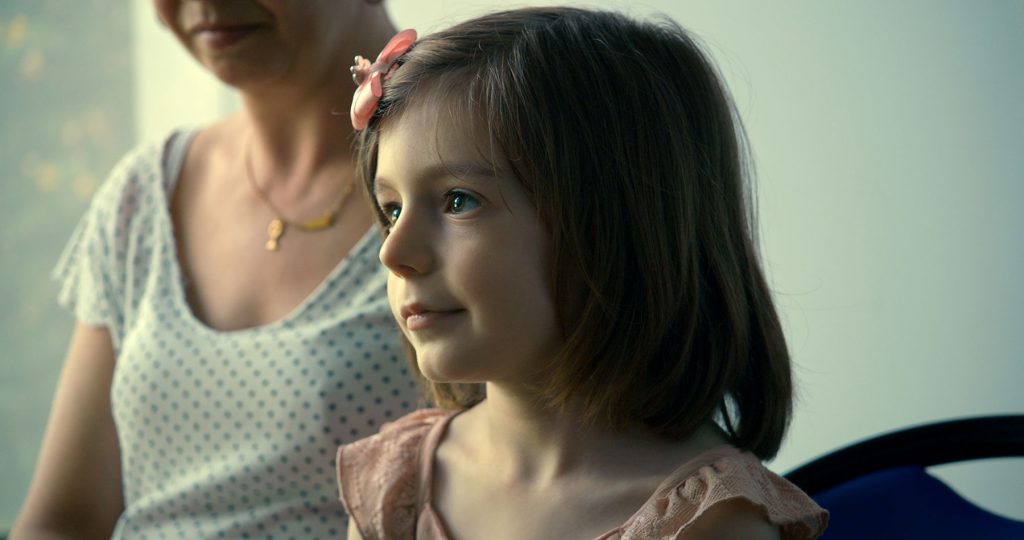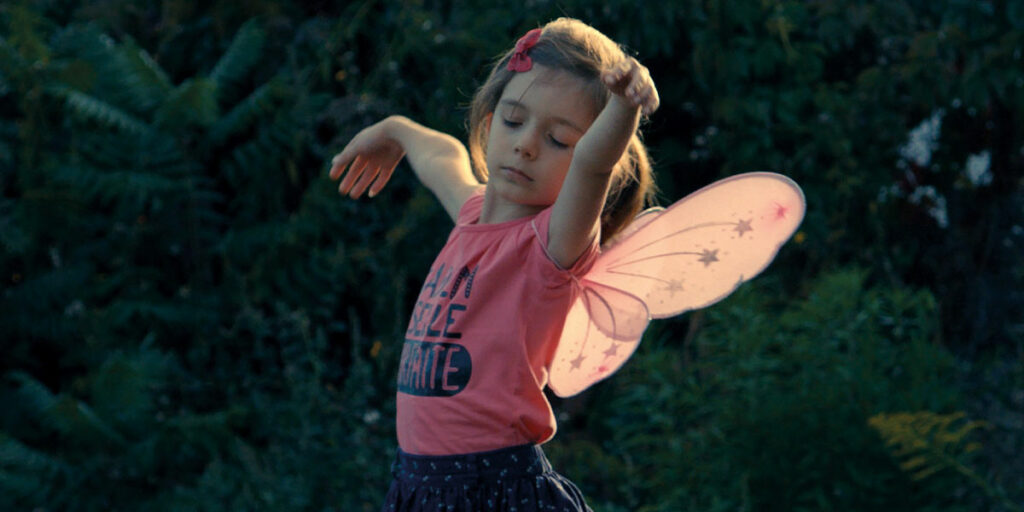With Little Girl, director Sébastien Lifshitz adds his name to the list of cisgender men who incorrectly think they know how to depict transgender life on screen.
When will we stop letting cis filmmakers get away with this? It’s like a pathology. Every single year one stumbles in, believing that they’re the hero the trans community has been looking for, and makes a complete fool of themselves. Just a couple of years ago we saw the white cisgender director David France steal the research and concept for his documentary The Death and Life of Marsha P. Johnson from the work of Tourmaline, a black trans woman who had made a short film as a grant application with the intent of expanding her work into a feature. This man saw her work, decided that he should be the one to tell the story and got paid for it.
This story is not unrelated. They never are. It is important to understand when interacting with media depicting trans people that our lives, bodies and stories have been systematically plundered by cisgender people. We are used for acclaim, for fame, for money, for sex and then abandoned by the very people who so genuinely thought themselves to be so briefly our saviours. It is the presumption that from the day we come out, we live in debt; owing the world for the kindness it shows in allowing us to live.
This is what drives the obsession with trans children, the subconscious contradiction: their innocence and the devastation they cause. Did you know that Mermaids, the UK’s largest trans charity, which caters transgender youth and their parent, has no trans people in leadership roles? We are considered a detriment to our own liberation. This country’s government’s recent disavowal of its own public consultation on trans rights proves it: any conversation about us may not include us.

Little Girl, the new condescendingly titled documentary from French filmmaker Sébastien Lifshitz, would have you believe that Sasha, the transgender child at its centre, is the subject. She undoubtedly is not. While every other member of her family is afforded an interview, a chance to articulate their point of view, no such generosity is extended to the young girl. Her existence in the film is as an object — it barely even matters to the filmmakers that she is human — their interest is purely representational. For Sasha to exist as a stand in for all trans youth it is necessary to remove everything that makes her Sasha.
She is, as so many transgender characters in film, reduced to a presence solely defined by her body. We watch her in unsteady handheld shots as she eats, dresses, plays. The inference is clear; because her body is not normative, her every act becomes some kind of deviancy and therefore fascinating. I wonder if in editing it the filmmakers were reminded of Todd Browning’s Freaks. For all the supposed empathy and care involved, their camera operates in the exact same way. The cinematic language of leering has not changed much in the last century, it seems.
It is hard to think of a recent film that has failed more fundamentally. That is, if we are taking the director’s stated intent to be fact. The truth is, he provides what countless directors have when approaching trans topics: easily consumable trauma p*rn for cis audiences. He coaxes tears out of the mother as she painfully recounts instances of transphobic abuse and captures the beleaguered father’s exhaustion at obstructive school administrators. The film springs alive every time it spies a hint of pain.
It is no wonder filmmakers are drawn to it so. Trans pain is the ultimate tool of cis supremacy. It is you that traumatises us and you that saves us — regardless of whether you personally harbour hate or goodwill — either one or the other will certainly make you feel smug. We do not exist for your entertainment. Which brings us to the most troubling factor of this film: how could an seven year old child from a marginalised community consent to having a documentary made about the fact of her existence? I don’t believe it’s possible.
I’m sure her family had good intentions in inviting these people into their home. Certainly, it seems their presence aided in getting Sasha seen by gender identity specialists, at the very least. But I remain intensely troubled by the decision to take a child of a marginalised identity and depict her on film as they do. There are at least laws in place to protect child actors, the legality surrounding documentary appearances is far more woolly.
The press kit for Little Girl included an interview with the filmmaker. I’d invite you to read it, it is one of the most disgustingly self-serving things I’ve ever seen included in one of these things. In it, he describes his search for a trans child — he’d already decided on making the film before meeting its subject, an extremely weird thing to do. He went onto facebook forums for parents of trans children, to pitch them on the concept, and describes the interactions he had there thus ‘[they] were very wary, irate. Without knowing who we were, they accused us of being obscene or voyeuristic,’ and the man decided, instead of listening to the people directly affected by the issues, to press on.
Well, now his film is out and I am irate, I watch it and agree that it is obscene and voyeuristic. I know better than to judge a family who are in a very tough position, but it is shocking that nobody involved in production realised what a mistake they were making.
Little Girl premiered at the Edinburgh Film Festival At Home on July 2, 2020, and is now available to watch on digital and on demand.

